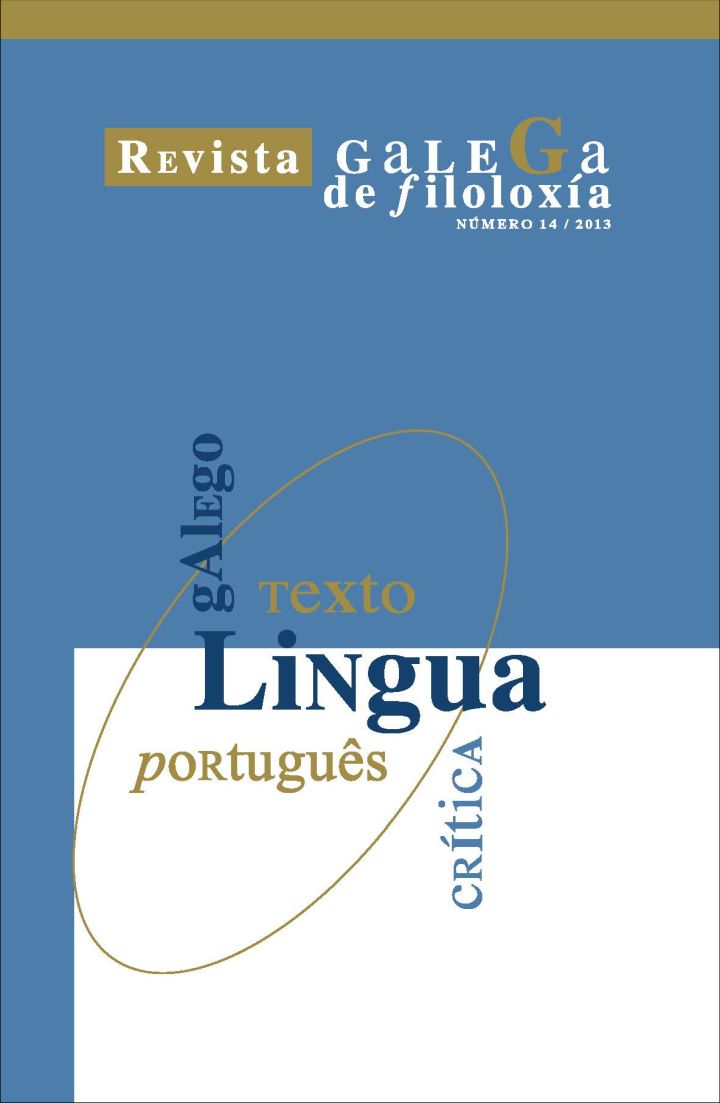Metaphors, We Li(v)e By: Metaphor, truth and lie in natural languages
Main Article Content
Abstract
After the foundational Metaphors We Live By, cognitive linguistic theories have shown that the metaphorical process is not just a matter of verbal language, but a fundamental aspect of the functioning of human cognition that languages also can mirror. This kind of functioning proves the great influence of the social-cognitive specificities in the systematization, construction and interpretation of the global metaphorical phenomenon.
Starting from the analysis of some metaphors of the language of economics, this paper will try to discuss if and until which level the metaphorical process, based on a shared and usually unquestioned knowledge of the world, is a ideologically oriented process, providing manipulated interpretations.
Keywords:
Downloads
Metrics
Article Details
References
Barcelona, Antonio (ed.) (2000): Metaphor and Metonymy at the Crossroads: A Cognitive Perspective (Berlin: Mouton de Gruyter).
Borders, Max (2011): “The Economy: Metaphors We (Shouldn’t) Live By” (August 1, 2011)”, Library of Economics and Liberty [Retrieved February 1, 2013]. Disponível em http://www.econlib.org/library/Columns/y2011/Borderseconomy.html.
Damásio, António (2004 [1999]): O Sentimento de Si: O Corpo, a Emoção e a Neurobiologia da Consciência (Lisboa: Publicações Europa-América).
Dirven, René / Pörings, Ralf (eds.) (2002): Metaphor and Metonymy in Comparison and Contrast (Berlin: Mouton de Gruyter).
Fauconnier, Gilles / Turner, Mark (1996): “Blending as a central process of grammar”, in A. Goldberg (ed.), Conceptual Structure, Discourse and Language, 113-130 (Stanford: CSLI Publications).
Fauconnier, Gilles / Turner, Mark (1998): “Conceptual Integration Networks”, Cognitive Science 22(2), 133-187. Disponível em disponível em http://www.cogsci.ucsd.edu/~faucon/BEIJING/CIN.pdf em 23/03/2011.
Fauconnier, Gilles / Turner, Mark (2002) : The way we think – conceptual blending and the mind´s hidden complexities (New York: Basic Books).
Goossens, Louis (1990): “Metaphtonymy. The interation of metaphor and metonymy in expressions for linguistic action”, Cognitive Linguistics 1-3, 323-340.
Lakoff, George / Johnson, Mark (1980): Metaphors We Live By (Chicago: The University of Chicago Press).
Lakoff, George / Johnson, Mark (1999): Philosophy in the Flesh: The Embodied Mind and its Challenge to Western Thought (New York: Basic Books).
Lyons, John (1977): Semantics (Cambridge: Cambridge University Press).
Rosenberg, Paul (2011): “The economy is a ‘machine’, not a ‘body’”, en Al Jazeera 24/08/2011. Disponível em http://www.aljazeera.com/indepth/opinion/2011/08/2011821102242384922.html.
Silva, Augusto Soares (2009): “O que sabemos sobre a crise económica, pela metáfora. Conceptualizações metafóricas da crise na imprensa portuguesa”, Anexo dos Congressos 6.º SOPCOM / 8.º LUSOCOM, 291-311 (Braga: Universidade Católica Portuguesa).
Turner, Mark / Fauconnier, Gilles (2002): The Way we Think. Conceptual Blending and the Mind’s Hidden Complexities (New York: Basic Books).



